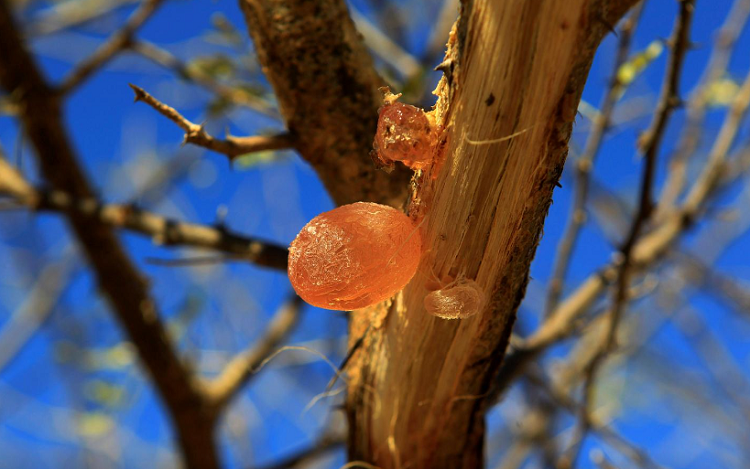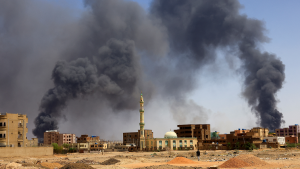Sudan’s eruption into conflict has left international consumer goods makers racing to shore up supplies of gum arabic, one of the country’s most sought-after products and a key ingredient in everything from fizzy drinks to candy and cosmetics.
About 70% of the world’s supply of gum arabic, for which there are few substitutes, comes from the acacia trees in the Sahel region that runs through Africa’s third-largest country, which is being torn apart by fighting between the army and a paramilitary force.
Wary of Sudan’s persistent insecurity, companies dependent on the product, such as Coca Cola and Pepsico, have long stockpiled supplies, some keeping between three-to-six-months’ worth to avoid being caught short, exporters and industry sources told Reuters.
However, prior conflicts have tended to be focused in far-flung regions such as Darfur. This time, the capital Khartoum has been brought to a standstill in the fighting that broke out on April 15, paralysing the economy and disrupting basic communications.
“Depending on how long the conflict continues there may well be ramifications for finished goods on the shelf – branded goods made by household names,” said Richard Finnegan, a procurement manager at Kerry Group, a supplier of gum arabic to most major food and beverage firms.
Finnegan estimated that current stockpiles will run out in five-to-six months, a view echoed by Martijn Bergkamp, a partner at Dutch supplier FOGA Gum who estimated between three-to-six months.
Cloetta AB, a Swedish confectioner which makes Lakerol lozenges that use gum arabic, has “ample” stock of the ingredient, a spokesperson said in an email.
Global production of gum arabic is about 120 000 tons a year, worth $1.1 billion, according to estimates cited by Kerry Group. Most is found in the “gum belt” that stretches 500 miles from the East to the West of Africa where the arable land meets the desert, including in Ethiopia, Chad, Somalia and Eritrea.





